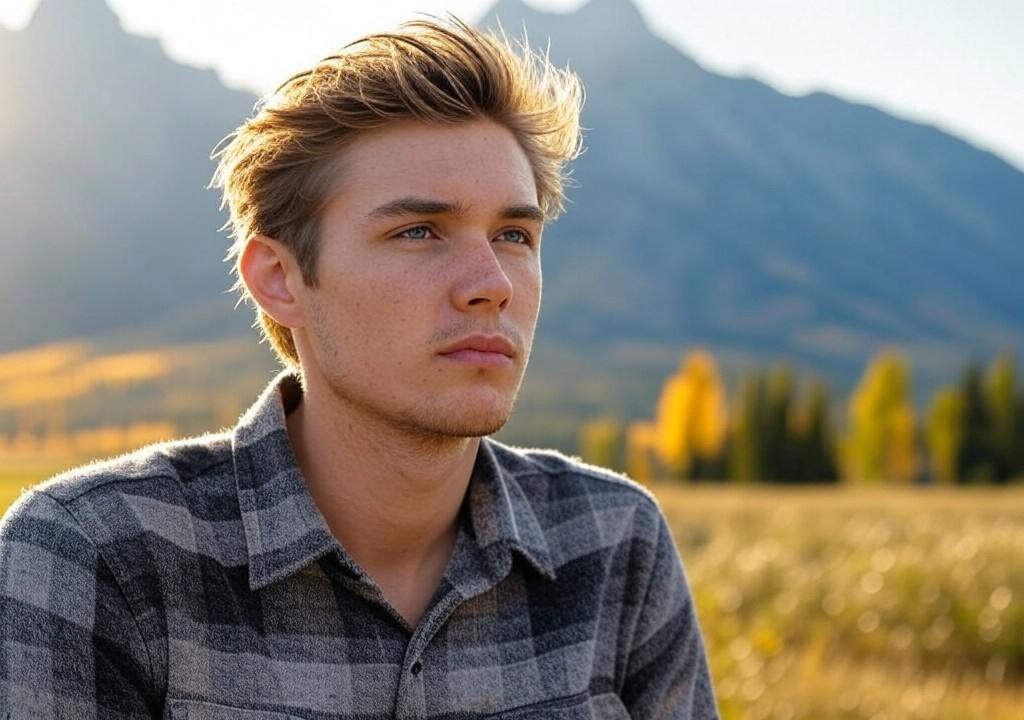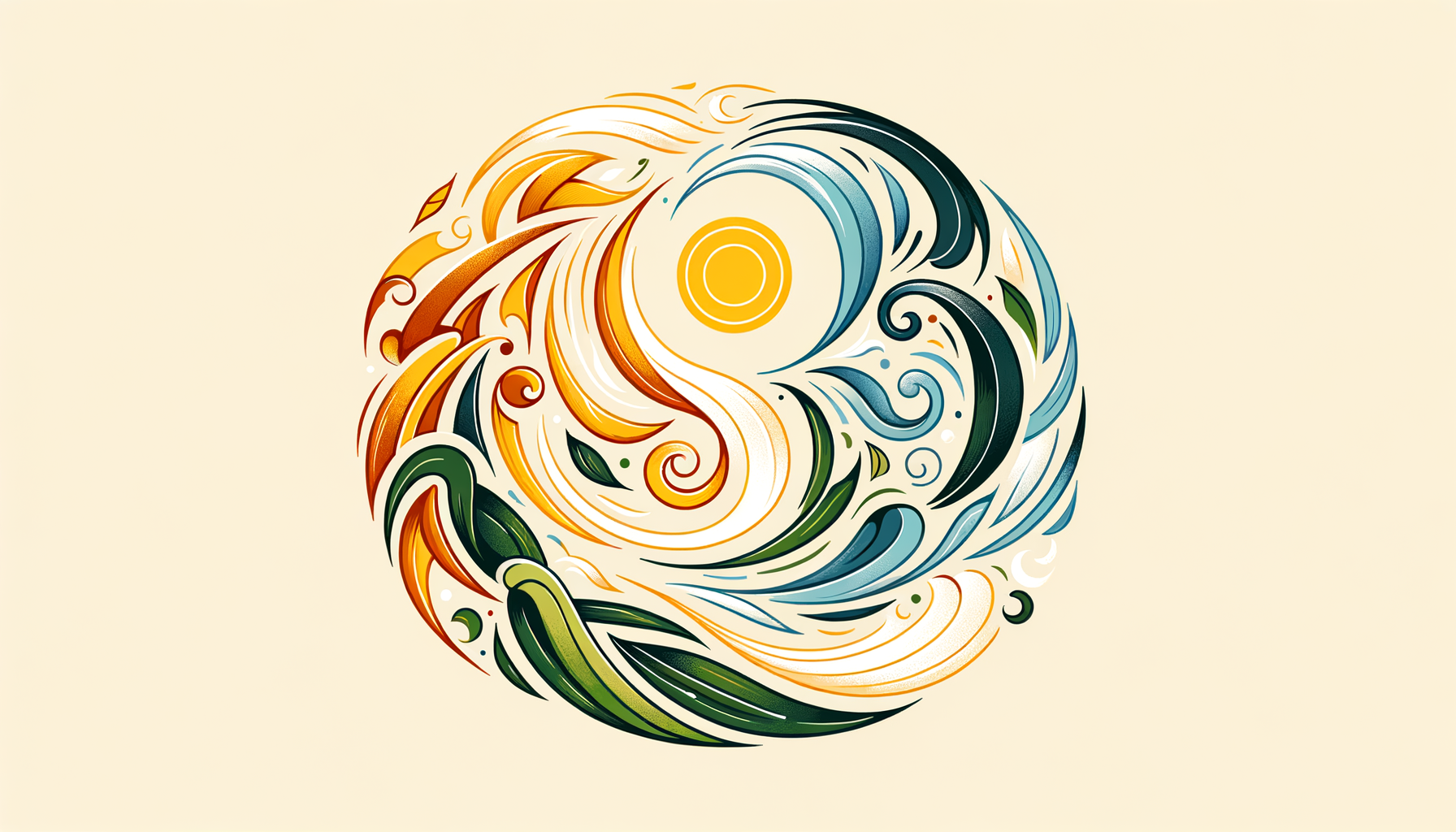Sometimes, the most unexpected books reach into your life, shake things up, and leave you seeing the world—and yourself—a little differently. I wasn’t looking for an epiphany when I stumbled upon it, but there it was, sandwiched between a dog-eared copy of Moby Dick and a laminated trail guide in the gift shop at Yellowstone during one of my mandatory “new ranger” orientation trips.
The book in question? A Sand County Almanac by Aldo Leopold. A book about ecology, environmental stewardship, and the muddled relationship between humans and nature. Sounds riveting, right? Yeah, I can almost hear you clicking away already, but hold on. Because somehow, this well-worn little paperback didn’t just make me double down on my love for the outdoors; it also taught me some hard truths about relationships. Spoiler: They’re both messy, rewarding, and require patience.
Let me explain.
A Lesson in Observation: The Art of Paying Attention
Leopold’s writing is all about noticing the small stuff—the screech of hawks cutting across an autumn sky, how the snow collects in little drifts at the base of tree trunks, the quiet heroics of soil organisms you can barely see. He turns the ordinary into something extraordinary just by looking closer and caring enough to capture it.
Here’s the kicker: That same level of attention is required in healthy relationships. I’ll own it—I used to be the guy who’d nod along during a date while silently wondering if we’d ordered enough queso. My priority list went something like (1) cheeseburgers, (2) stargazing, (3) communication, with communication barely edging its way into bronze-medal territory. But reading Leopold reminded me that attention—real attention—is what deepens connection.
Next time your significant other mentions how their coworker Karen used the wrong there/their/they’re again in an email, lean in instead of mentally checking out. Sure, Karen’s grammar might not be your personal passion, but sometimes, love means showing up for the small moments. It’s noticing the equivalent of Leopold’s “drift of leaves,” even if it doesn’t directly involve you—or queso.
Conservation Isn’t Just for the Environment
Leopold champions conservation—taking care of the land and leaving it better than you found it. Turns out, that’s a pretty solid metaphor for relationships too. No one gets into a partnership hoping to leave the other person worse off for knowing you (at least, I hope not). Yet, how often do we prioritize our comfort or ego instead of focusing on the shared space a relationship actually is?
I learned this the hard way. A number of years ago, I dated a woman named Sarah who adored dogs, fresh bread, and laying out future travel itineraries for trips we might never actually take. She was the planner; I was the “let’s wing it and see where the road takes us” guy. While she talked about saving for a down payment on a house, I’d counter with my dreams of saving for my hypothetical future llama farm (don’t ask). Everything between us felt rugged and free-spirited—until I woke up one day realizing I’d been driving our partnership on cruise control. I’d left emotional “trash” all over our space, ignoring the parts of her spirit that desperately desired my attention.
Conservation means tending—the trails, the wild spaces, the relationships. It means being intentional. What would happen if you asked yourself, “Am I leaving this person better, fuller, and more valued than when I found them?” It’s not a question to take lightly.
The Beauty of Cycles: And Why Winter Isn’t a Bad Thing
Leopold writes about the seasons like they’re living, breathing characters. There’s the relentless growth of summer, the harvests of fall, and—most poignantly for me—the stillness of winter. He describes winter not as an enemy, but as an essential pause. A chance to reflect, rest, and gather strength for the next cycle.
I don’t know about you, but I used to think of “relationship winters” as catastrophic—a sign something was broken. You know the kind: weekends where the silence is so heavy you can practically hear Netflix judging you for rewatching the same three shows. The excitement of the “honeymoon phase” fades, and you start asking loaded questions like, “Why does this person chew cereal like a medieval knight wielding chainmail?”
But Leopold was right. Winters—whether in ecosystems or relationships—are necessary. They’re not pretty, but they matter. After my first long-term relationship ended, I spent six months in hermit mode, spiraling between shifts at the park and long, chilly hikes where only the moose seemed interested in keeping me company. Sure, I moped, but the stillness taught me that love, like nature, has its seasons. Just because something’s frozen doesn’t mean it’s dead.
A relationship isn’t always about heat and fire. Sometimes it’s about surviving the quiet and trusting that spring’s on its way back. Stick it out through the tough months, and you might find something durable on the other side.
The Fierce Joy of Uncertainty
Leopold didn’t have all the answers, and neither do I, no matter how many wildlife journals I’ve filled over the years. He wasn’t trying to design a utopia—just advocating for a little more respect between humans and the land. And here’s where the overlap with love feels strongest: Real love exists in the gray areas somewhere between predictability and chaos.
Dating, for all its magic, is often an exercise in vulnerability. It’s not unlike stalking an elusive elk through the pines, full of anticipation for something wild and unknowable. I’ve been ghosted harder than Casper, misread signals like a bad hiker misreads a trail, and tried casting myself as the “rugged outdoorsy guy” when I really just wanted to geek out about bird migration patterns over coffee. Love, like nature, doesn’t owe you certainty. It only asks that you show up anyway.
Your Relationship GPS: Slow Down and Look Up
The Sand County Almanac doesn’t offer perfect answers, but it honors the journey—the mess, the setbacks, the beauty. It taught me to slow down, pay attention, and try to be better, not perfect. And honestly? When it comes to love, that’s probably enough.
So if you’re in between dates, debating when to text back, or navigating a five-year marriage slog that feels like Wyoming winters—stop. Reflect. As Leopold said, “Harmony with land is like harmony with a friend.” Show up. Take care of the trails (or the people) you pass through. And most of all, trust the seasons.
Because spring, my friend, always finds its way back.




















